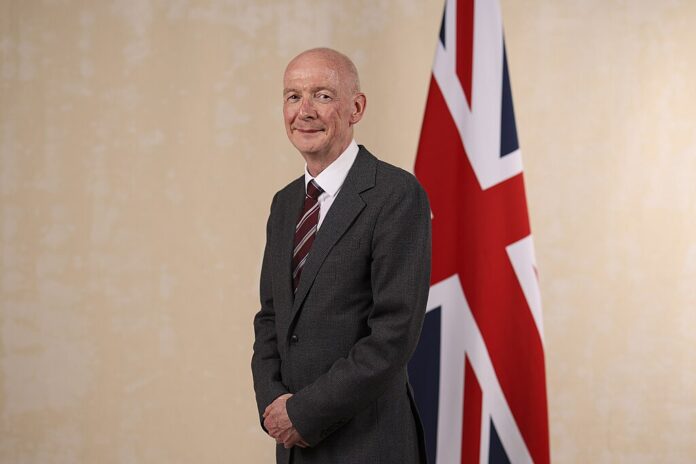Pat McFadden defends Labour’s decision to retain the controversial two-child cap on benefits, sparking debate over its impact on child poverty
In a contentious move drawing criticism and debate, Pat McFadden, Chancellor of the Duchy of Lancaster, affirmed Labour’s stance on retaining the two-child cap on benefits, despite mounting concerns about its effects on child poverty across the UK.
Initially introduced by the Tories in 2017, the policy restricts families from receiving benefits for their third or subsequent children, unless exceptions like proving the child is a product of rape are met. The Resolution Foundation estimates that as of April 2024, the cap has affected approximately 450,000 families, with projections indicating a worsening impact over time.
Embed from Getty ImagesSpeaking on BBC Radio Scotland, McFadden acknowledged the controversy surrounding the policy, stating, “Whether the two-child cap causes harm is open to debate.” This statement comes amidst criticism from Scottish Labour and child welfare advocates, who argue that the policy exacerbates child poverty levels nationwide.
Despite calls for its abolition from within Labour ranks and opposition parties, McFadden defended the decision, emphasizing Labour’s commitment to implementing election promises within economic constraints. He cited the significant financial burden—estimated between £2.5 and 3.6 billion annually—to lift the cap as a prohibitive factor in current economic conditions.
The debate intensified as SNP Westminster leader Stephen Flynn criticized McFadden’s remarks, describing them as extraordinary and accusing Labour of perpetuating child poverty despite prior pledges to alleviate its impact. Flynn expressed hope that some Labour MPs would support SNP amendments to the King’s Speech, urging an end to the two-child benefit cap as part of broader efforts to combat poverty and promote economic growth.
Wednesday’s parliamentary session under Keir Starmer’s leadership focused on economic recovery and growth initiatives, reflecting Labour’s priorities amidst ongoing fiscal challenges. However, opposition to the two-child cap remains a contentious issue, with calls for a reassessment of priorities and a shift towards more inclusive social policies.
Analysis:
Political Impact: Labour’s retention of the two-child cap underscores ongoing divisions within the party over social welfare policies, contrasting with promises made during electoral campaigns and generating criticism from both political opponents and advocacy groups.
Social Ramifications: The policy’s continuation raises concerns about its long-term effects on child poverty rates and family welfare, prompting renewed calls for policy reform and more compassionate social safety nets.
Economic Considerations: The debate over lifting the cap highlights the complex interplay between fiscal responsibility and social justice, with proponents arguing for prioritizing investment in social programs despite economic constraints.
Public Perception: Labour’s handling of the two-child cap may influence voter opinions, particularly in Scotland and among progressive constituencies, shaping electoral outcomes and party credibility on social issues.
Legislative Outlook: The introduction of amendments and alternative proposals by opposition parties, such as the SNP and Green Party, signals a broader parliamentary debate on social policy reform and government accountability.
